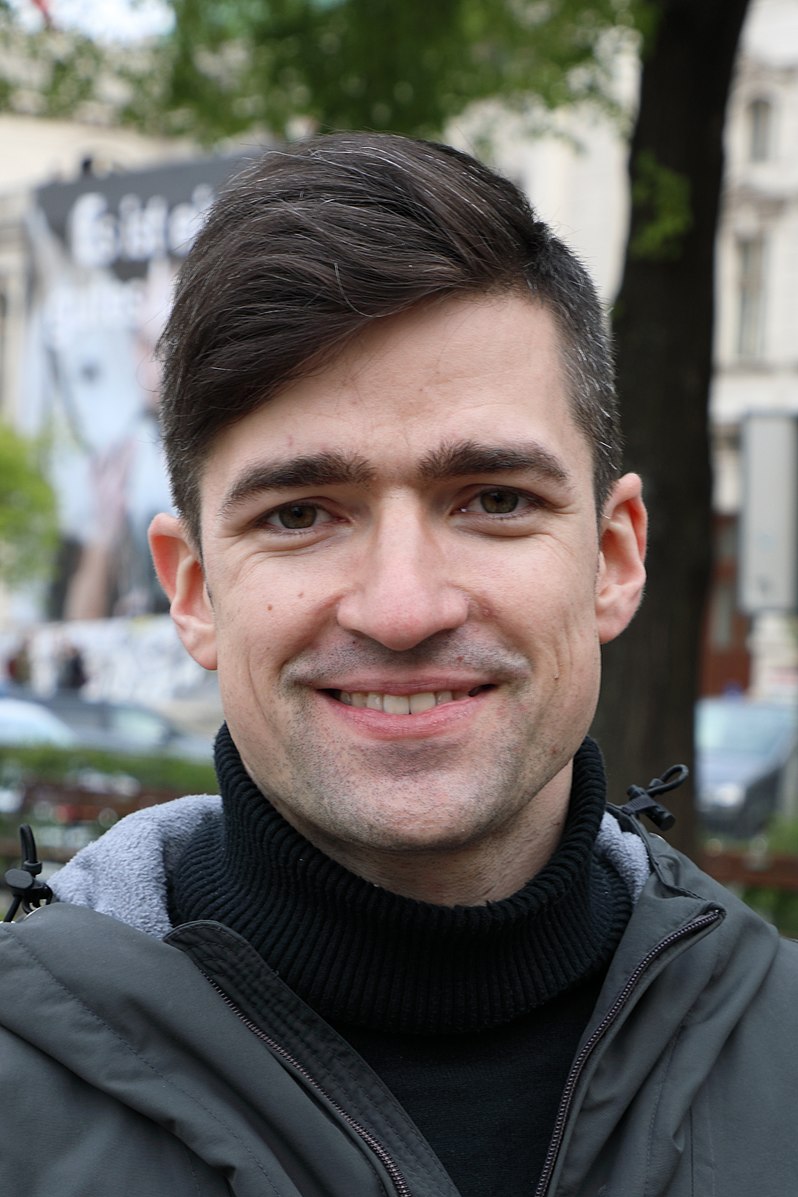Sponsored Content
Secret Meeting to Plan Mass Displacement in Germany: The Role of the Austrian Martin Sellner
A secret meeting held in a hotel near Potsdam last November brought together high-ranking AfD politicians, neo-Nazis and wealthy entrepreneurs. The meeting aimed to discuss a plan to expel millions of people from Germany. Among those present was Martin Sellner, a well-known far-right activist from Austria and former spokesperson for the Identitarian Movement Austria.
 Martin Sellner, a prominent figure in the New Right, is a key figure in the international far-right scene, having previously been associated with neo-Nazis and the Identitarian movement, and continues to spread far-right ideas like "remigration". / Picture: © Wikimedia Commons / C.Stadler/Bwag / CC BY-SA 4.0 (https://creativecommons.org/licenses/by-sa/4.0)
Martin Sellner, a prominent figure in the New Right, is a key figure in the international far-right scene, having previously been associated with neo-Nazis and the Identitarian movement, and continues to spread far-right ideas like "remigration". / Picture: © Wikimedia Commons / C.Stadler/Bwag / CC BY-SA 4.0 (https://creativecommons.org/licenses/by-sa/4.0)
The meeting was organized by Gernot Mörig, a former dentist and long-time player in the far-right scene, and Hans-Christian Limmer, a well-known investor. Limmer is known for his success with the baking discounter chain Backwerk and is now a shareholder in the burger chain "Hans im Glück" and the food delivery service "Pottsalat". Unlike Mörig, however, Limmer was not personally…
or Log In
Fast News Search





